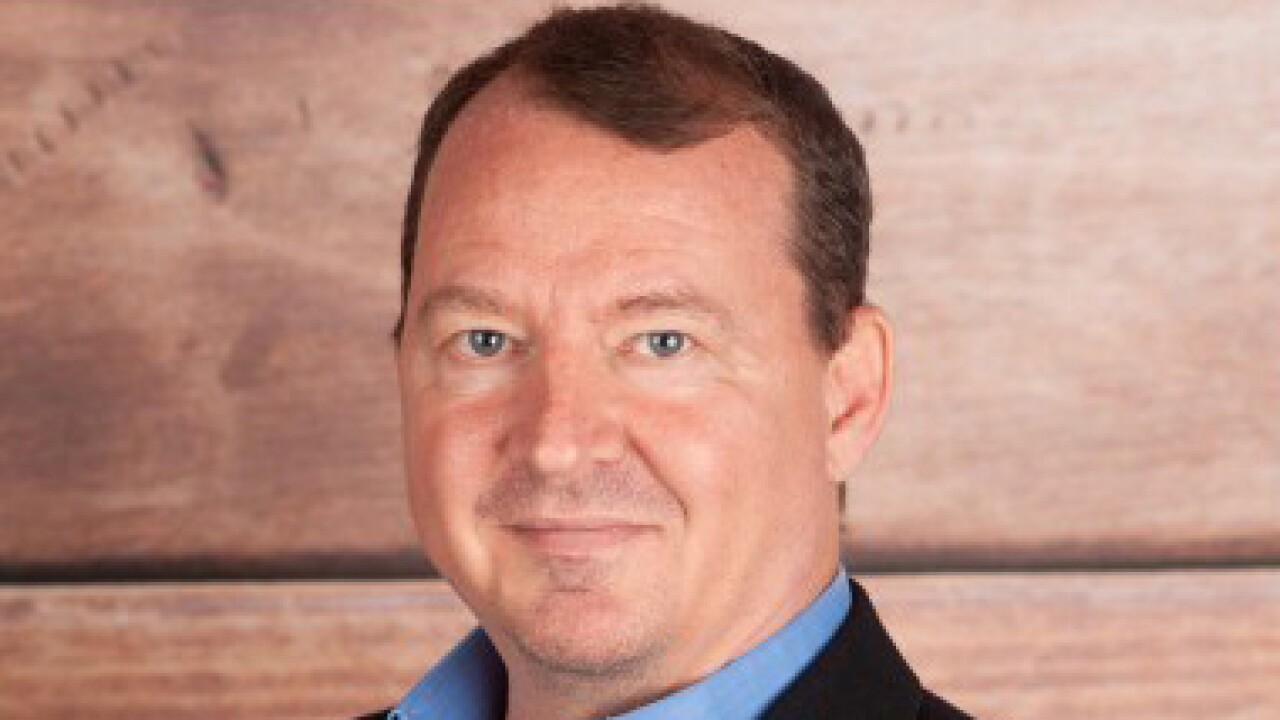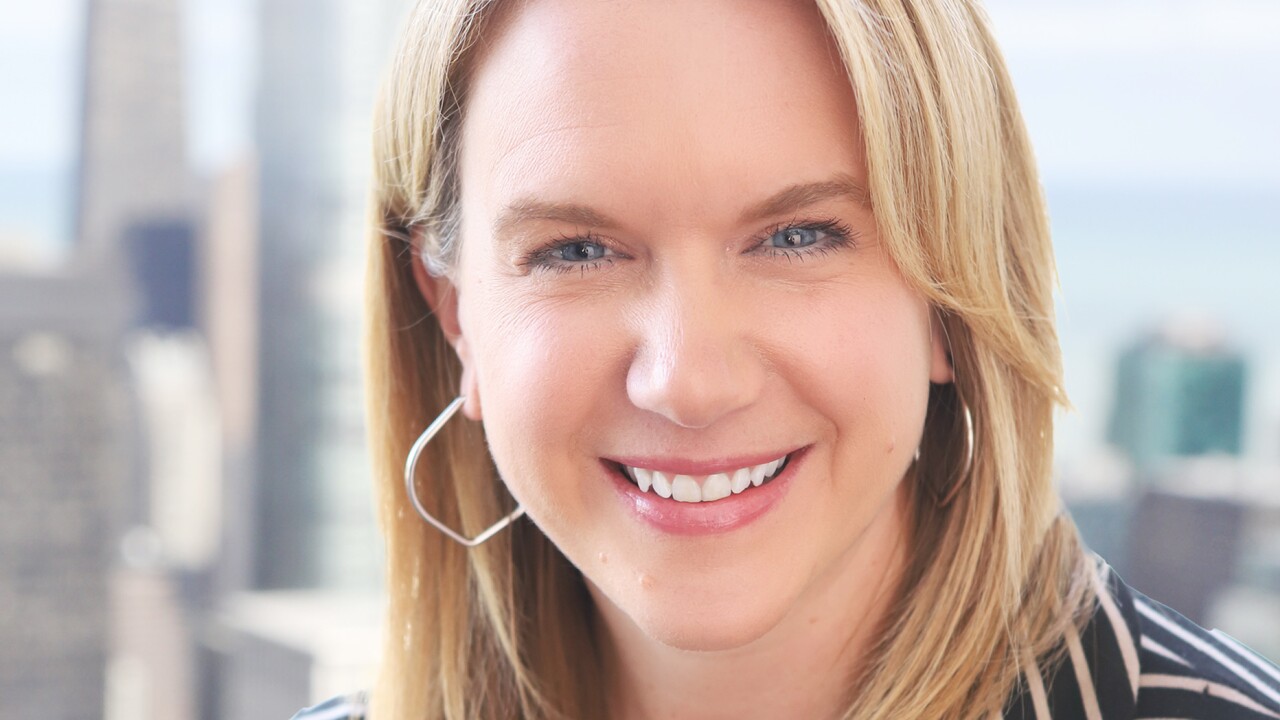The Justice Department has decided against prosecuting three former U.S. executives of Rabobank that admitted it hid evidence about the flow of Mexican drug-cartel money, according to four people with knowledge of the probe's final stages.
Such a decision would all but wrap up a four-year probe in which the Dutch bank admitted to a felony conspiracy and agreed to pay hundreds of millions of dollars in penalties. The Office of the Controller of the Currency is still seeking to impose civil sanctions against the former executives, according to three of the people familiar with the matter.
The Rabobank investigation underscores how the Justice Department, despite a recent internal policy to hold individuals accountable for corporate misconduct, still rarely prosecutes high-level U.S. executives.
For several months, U.S. prosecutors considered whether to charge Rabobank's former chief executive officer, general counsel and compliance chief with obstructing efforts by U.S. bank examiners to review the firm's failures to prevent money laundering, said the four people, who were granted anonymity to discuss a confidential investigation.
The bank's U.S. unit pleaded guilty in February and agreed to pay $369 million in penalties. In its criminal case, Rabobank admitted that top executives in California took steps to block employees and regulators from exposing the bank's misconduct. Court records contain emails allegedly written by the officials, whose names weren't disclosed in the criminal case.

Over the course of the investigation, the Justice Department has held only one person responsible for criminal activity: George Martin, the bank's manager of anti-money-laundering investigations, who agreed to cooperate in the government's investigation of higher-level executives. He left the bank before the obstruction occurred.
In December, Martin admitted to aiding a scheme by his superiors to mask possible money laundering and was given a two-year deferred-prosecution agreement.
Another compliance official who raised money-laundering concerns with bank leaders and the OCC was placed on leave and fired, according to court documents.
Big settlements
The Obama-era Justice Department was criticized by lawmakers and public-interest groups for relying too much on big-dollar settlements with companies while not bringing cases against the individuals responsible for misconduct.
No individuals were charged in two money-laundering cases resolved in the past decade with punishments bigger than Rabobank's — HSBC Holdings Plc's $1.9 billion penalty in 2012 for violations including handling cash for drug cartels and U.S. Bancorp's $600 million settlement in February for allegedly failing to report the suspicious transactions of a longtime customer.
The decision to not pursue the former Rabobank executives comes as the Justice Department says it's making Mexican drug cartels a top enforcement priority, with Attorney General Jeff Sessions announcing this month a new task force aimed at dismantling them.
The same Justice Department unit in Washington that investigated Rabobank is also taking on much larger and more complex investigations into European institutions over suspected illicit transactions. They include Danske Bank, which admitted that as much as $230 billion in suspicious funds flowed through its Estonian branch from 2007 to 2015.
Illicit activity
Rabobank, in February court filings, said it was a conduit for hundreds of millions of dollars in transactions that should have been flagged immediately to law enforcement. U.S. officials have traced the funds to narcotics trafficking, money laundering and other crimes — findings that Rabobank doesn't dispute. Bank officials knew as early as 2010 that the accounts were probably linked to illicit activity, according to prosecutors.
Unlike in other financial probes in which witnesses and evidence of criminal intent are located overseas, Rabobank investigators focused predominantly on U.S. executives. Court records in the bank's criminal case include internal Rabobank discussions and emails. Prosecutors also lined up former employees willing to testify about the executives' conduct.
The executives who allegedly misled watchdogs include ex-CEO John Ryan, ex-compliance chief Laura Akahoshi and former general counsel Dan Weiss, people familiar with the case have said.
John Rice, a San Diego lawyer representing Weiss, said his client "played no role whatsoever in the alleged conduct" and was happy to learn from the Justice Department that it had concluded its "long and exhaustive" investigation without charges.
Akahoshi's lawyer, Justin Weddle, said: "We appreciate the care and professionalism of the prosecutors and agents in this case, which shows their commitment to individual accountability where warranted, and equally important, the importance of declining prosecution where appropriate."
The U.S. attorney's office in San Diego, which investigated the case along with the Justice Department in Washington, declined to comment. Ryan's lawyer didn't respond to requests for comment.
Nicole Navas Oxman, a spokeswoman for the Justice Department in Washington, declined to comment on Rabobank. "What I can tell you is that the department remains steadfast in our commitment to holding those engaged in wrongdoing accountable, including the enablers that move or legitimize the funds of drug traffickers," she said.
Bank cooperation
Rabobank's current leadership, as part of its deal with the government, was also obligated to help the government build its case against former executives. That point was raised by prosecutors during the bank's sentencing hearing in May in response to the judge's queries about holding people accountable.
The judge expressed some concern that Rabobank might be getting off too lightly compared with the harsh penalties sought against "naive" 20-year-olds caught crossing the border with small amounts of drugs.
"We're told we're dealing in an era of a crackdown on drug-trafficking activity — big organizations, drug-trafficking organizations being brought to heel and all of that," Judge Jeffrey Miller said during the May 18 hearing. "And I hope that's going to be the case, because the government has to put the pill where the pain is, and that's where the pain is."
The judge underlined the importance of sending a message. He argued, "It is the fact of conviction that counts so much as a deterrent value."
OCC probes
The OCC, which is still seeking to impose civil sanctions against the former executives, has the power to impose fines and can suspend or ban people from banking. It's pursuing a ban against Akahoshi and a $50,000 fine, which she's fighting in an administrative proceeding.
Akahoshi is a former OCC official herself. Rabobank hired her a decade ago because of her expertise with money-laundering rules. The Justice Department's criminal investigation of the bank stemmed from accusations that in 2013 she and the other senior executives deliberately withheld from regulators an internal report that documented Rabobank's shortcomings, two people familiar with the matter have said.
Akahoshi hasn't commented on the Justice Department's inquiry but has said through her lawyer that she's fighting the OCC's administrative sanctions.
Rabobank allowed Ryan to retire at the end of 2015, according to documents filed in the bank's criminal case. Akahoshi and Weiss were both fired in September 2015, the filings show.
In California, the Rabobank case has been hailed by federal and local officials as a big success. The U.S. attorney's office in San Diego cheered what it called a historic penalty against the bank — the largest financial penalty in the Southern District of California.
Last month, a few days after deciding not to pursue cases against the former executives, investigators took photos with San Diego and Chula Vista police holding enormous checks, the proceeds of Rabobank's penalty money. The San Diego Police Department received $20.8 million, and Chula Vista's police force received $5.9 million.





